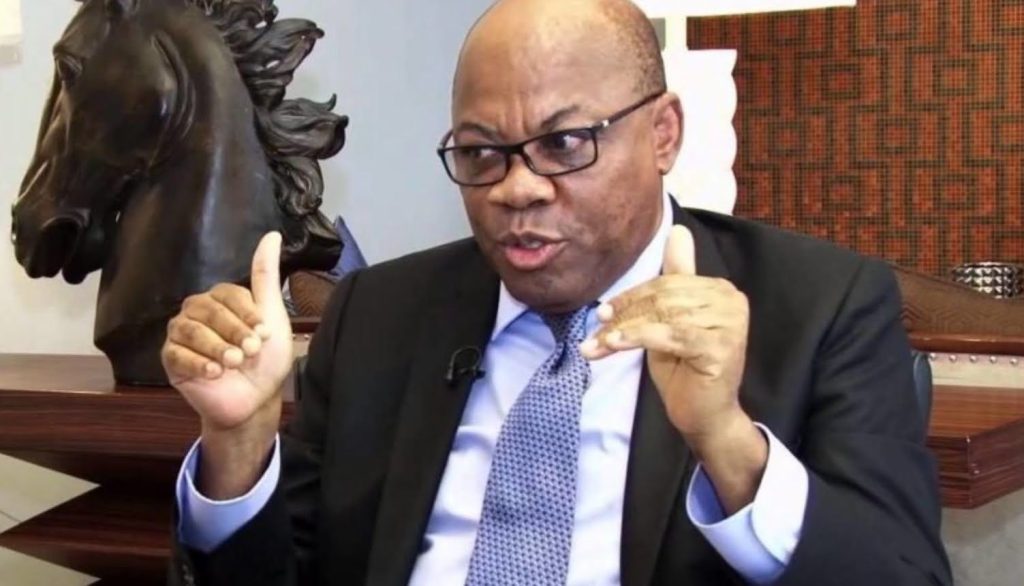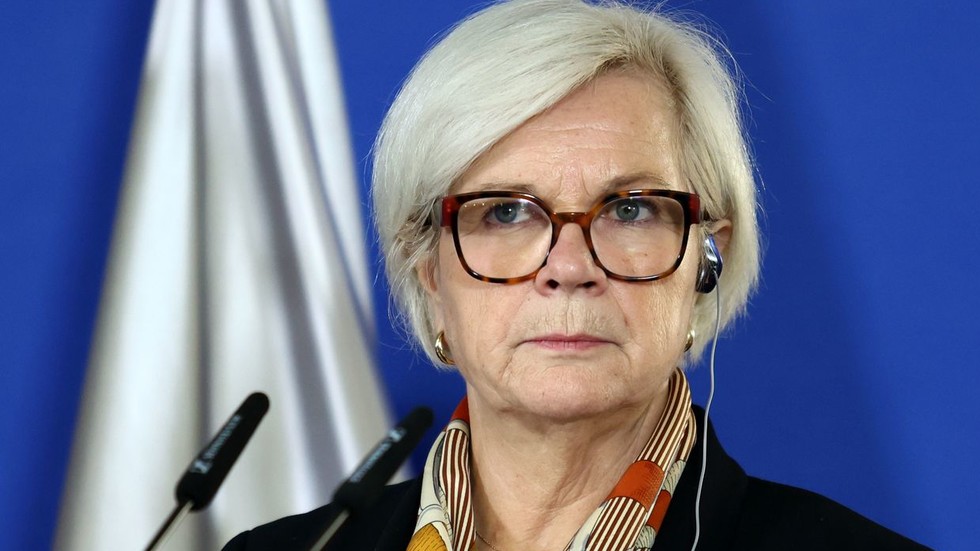Kenya Braces for Anniversary Protests Amid Heavy Police Presence
The Kenyan capital, Nairobi, is on high alert as protesters plan to mark the anniversary of last year’s anti-tax demonstrations, which resulted in the deaths of 60 people and left 20 still missing. A heavy police presence has been deployed in the city, with riot gear-clad officers barricading parliament and the Prime Minister’s office. Tear gas has also been used to disperse some of the crowds.
The protests, organized by young Kenyans through social media, aim to commemorate the lives lost during last year’s violent demonstrations. Despite government assurances that it would be a "normal working day," businesses in the capital have remained closed, and police have limited vehicle movement into the central business district. Hundreds of protesters have taken to the streets, chanting anti-government slogans and facing off against police.
Public Anger and Frustration
The Kenyan youth are still seething with anger towards the current administration, citing corruption, rising living costs, and police brutality as key grievances. The recent death of a blogger in police custody and the close-range shooting of a civilian during subsequent protests have only fueled public anger. Wangechi Kahuria, executive director of the Independent Medico-Legal Unit, has called for Kenyans to be "allowed to mourn and go back home." Police Inspector General Douglas Kanja has warned that no unauthorized persons will be allowed inside protected zones, such as Parliament and the statehouse.
Local media has published the names and photos of some of those who died during last year’s protests, with a major newspaper, The Standard, running the headline "A luta Continua" – "The struggle continues" in Portuguese. Political analyst Herman Manyora has described the protesters as "heroes" who paid the ultimate price and should be remembered. However, he also warned that the protesters remain unhappy with the authorities, who they perceive as "intransigent" and unyielding.
A Year of Unfulfilled Promises
Last year’s protests led to the dissolution of the Cabinet, which was accused of incompetence and corruption. However, President Ruto’s new Cabinet has maintained many of the same ministers, despite concerns. A finance bill proposing high taxes was withdrawn, but later reintroduced through legislative amendments. The president has also signed a political pact with his election rival, opposition leader Raila Odinga. Yet, for many Kenyans, these moves have done little to address the underlying issues of corruption, inequality, and police brutality.
As Kenya marks the anniversary of last year’s protests, the country remains on a knife’s edge. The heavy police presence and restricted movement are a stark reminder of the tensions that still simmer beneath the surface. With protests planned and emotions running high, the Kenyan government faces a critical test of its ability to listen to and address the concerns of its citizens. Will the authorities find a way to work with the demonstrators and ensure a peaceful commemoration, or will the country be plunged into further violence and unrest? Only time will tell.



